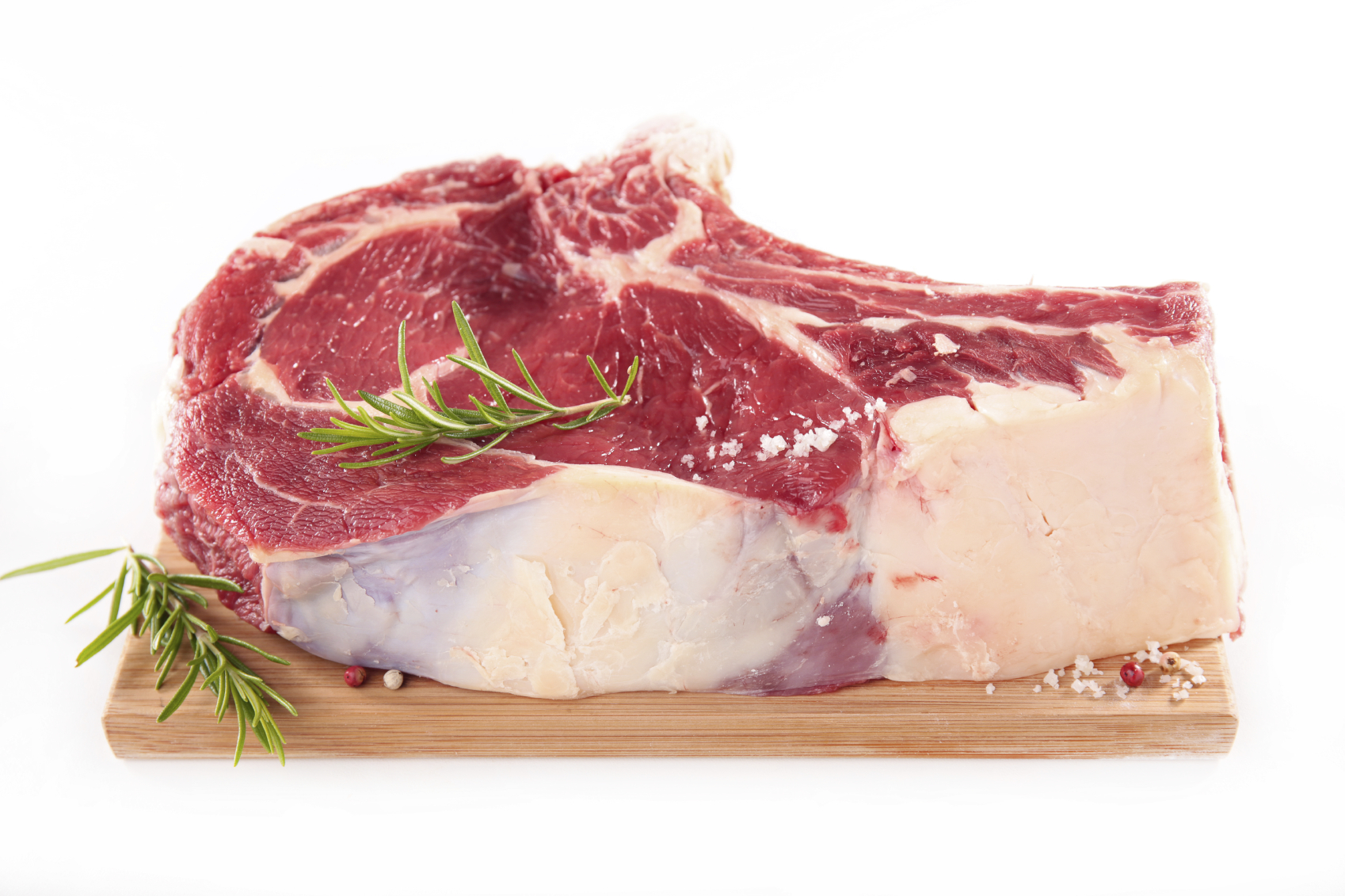By: William H. Neumeier, Ph.D.
If you have ever tried to lose weight, eat healthier, watched any news show, or skimmed the cover of a magazine at the grocery store checkout line then you have probably seen claims about the new “best” diet. Claims for which type of diet is “best” seems to change as frequently as the seasons. A low-carbohydrate diet may seem best for weight loss while a low-fat diet may promote heart health and weight loss. Vegan diets may promote health, weight loss, and longevity. The claims vary and diet proponents are quick to point out how one diet is superior to another. Not only are individuals led to believe the promoted diet is “best” but we are also wondering if the other diets have been “wrong” the entire time. Have we all had wool pulled over our eyes?
Unfortunately, it is likely we will never know which diet is the “best.” The question isn’t unsolvable because scientists are baffled, bickering, or perplexed; it’s because truly scientifically solving the debate would place impossible restrictions on the parties involved. To  truly determine the best diet would require a monumental undertaking. First, one would have to compare a diet to all other diets in order to truly determine which is the best. The number of diets you would need to consider are nearly endless – there’s low carbohydrate, low fat, vegetarian, vegan, paleo, Mediterranean, and Nordic just to name a few. Then, you would need to assign people to each diet for his or her entire life or even have the individual’s mother start on the diet in case there are effects that carry over between generations. You would somehow ensure the individual ate foods only from the prescribed diet. In addition, people can be very different, so you must assign enough individuals to each diet so that individual differences no longer matter. Also, you must have enough participants enrolled so you can make comparisons between each diet. And if it isn’t clear by now, you would need to track every individual for his/her entire life. Lastly, you would sum up all the data and conclude which diet truly is the “best!” Got all that – every single diet, lots and lots of people, track them their entire life. But wait, what happens if an individual consumes more of their calories in the morning instead of at night? Well, I guess we would need to run the entire study all over again.
truly determine the best diet would require a monumental undertaking. First, one would have to compare a diet to all other diets in order to truly determine which is the best. The number of diets you would need to consider are nearly endless – there’s low carbohydrate, low fat, vegetarian, vegan, paleo, Mediterranean, and Nordic just to name a few. Then, you would need to assign people to each diet for his or her entire life or even have the individual’s mother start on the diet in case there are effects that carry over between generations. You would somehow ensure the individual ate foods only from the prescribed diet. In addition, people can be very different, so you must assign enough individuals to each diet so that individual differences no longer matter. Also, you must have enough participants enrolled so you can make comparisons between each diet. And if it isn’t clear by now, you would need to track every individual for his/her entire life. Lastly, you would sum up all the data and conclude which diet truly is the “best!” Got all that – every single diet, lots and lots of people, track them their entire life. But wait, what happens if an individual consumes more of their calories in the morning instead of at night? Well, I guess we would need to run the entire study all over again.
Even though we may never know which diet is the best, we can use the data we have to inform an educated opinion. We can conduct studies that compare a few diets and draw relatively sound conclusions. However, it’s difficult to extrapolate this information into a declaration of one ultimate, “best” diet. Different individuals can arrive at different conclusions, and this leads to constant debate over which diet truly is the “best.” The best diet may depend on many different scenarios. We are all different and diet plays an important role in all our lives. Certain diets may be better for certain disabilities, cultures, living situations, genetic backgrounds, etc.
Nutrition science is constantly challenging itself in pursuit of new information. Unfortunately, media outlets, internet blogs, and even well-established researchers can misinterpret diet related research findings. Overall, be diligent in your diet related research. Do your best to find reputable sources. Don’t hesitate to ask for help from a NCHPAD specialist or look up information on the NCHPAD website. Ask a Nutritionist or Registered Dietitian. Again, your dietary needs may be different from someone else’s. I am not supporting one diet over another, but time and time again themes of whole foods, fresh foods, lean meats and moderation continue to emerge. And of course, supplement your healthy diet with physical activity. Physical activity has amazing benefits – just don’t expect me to know which type of physical activity is the “best.”
